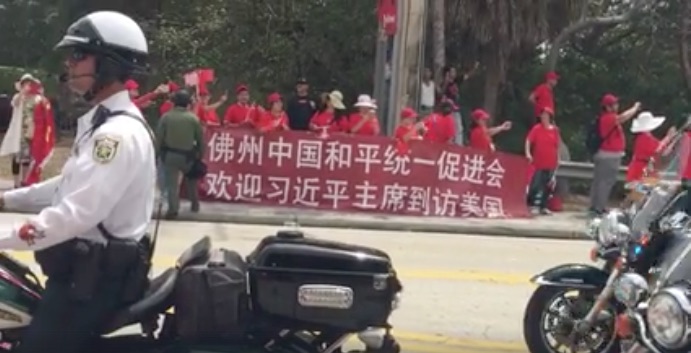Tribute: Burton Watson, 1925 – 2017
During the second half of the twentieth century and well into the twenty-first century, Burton Watson translated a wide range of works of premodern Chinese literature into highly readable, reliable English. His numerous published translations span the gamut of Chinese texts from history to poetry, prose, philosophy, and religion. He was also an accomplished translator from Japanese, especially of poetry and religious literature.
Read the rest of this entry »



